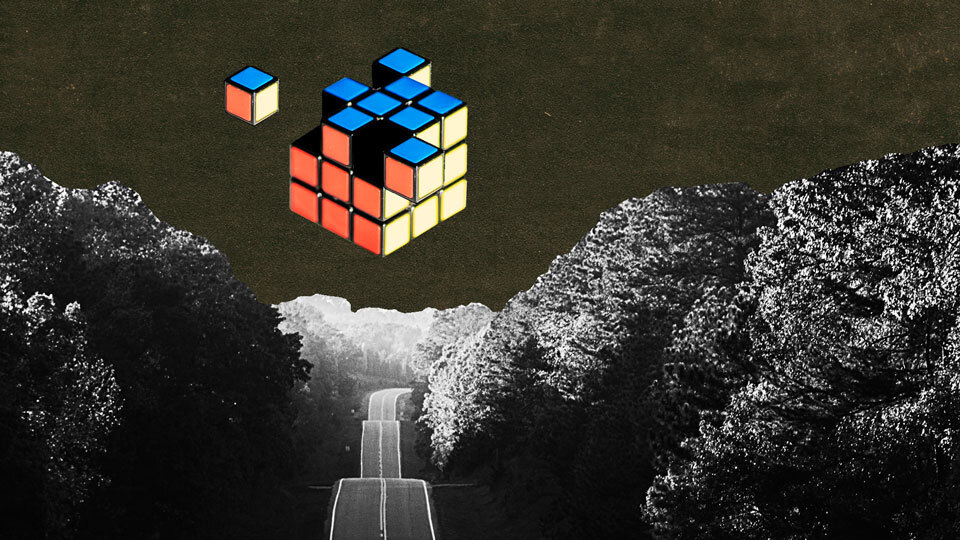Solana: The Road to Decentralization

- The Solana network started experiencing “intermittent performance degradation” in August.
- Concerns about centralization are hovering around the cryptocurrency community as the network has recently come to a halt.
- Networks that have centralized features eventually come to light during a network issue.
Bitcoin developed as a solution to network and financial centralization and shifted the power momentum back to the user. Blockchain has evolved into more than a decentralized payment method, rendering functional integrations across several industries. Private, permissioned, and ultimately centralized chains have developed to offer enclosed blockchain solutions for enterprise clients. However, Solana’s “Ethereum killer” presumption placed a stoplight on the network.
Solana’s Tainted Status
A trustless network is one of the blockchain industry’s hallmarks, as it differs from enacted human interactions, where trust needs to be established. Instead, blockchains are trusted because they are not commanded by any set of individuals. Solana’s network outage, which saw Solana suspend block creation for over 11 hours, due to a “large increase in transaction load,” raised concerns about network centralization.
Ideas about centralization were already being shared within the community. Unfortunately, the cult-like behavior associated with the industry generates a counterintuitive end result as it impairs innovation which cannot outgrow industry inconsistency if investors fight and propose their ideal blockchains as a solution.
Still, arguments fronting Solana were showcased with a hint of sarcasm. For example, Fiskantes, a Crypto Twitter trader, put forward 3 views as to why Solana is disregarded by BTC and ETH maximalists. His arguments revolved around Solana having a CEO, increased VC backing, and the possibility of node centralization.
Additionally, eric.eth, co-author of EIP-1559, argued that Solana having a CEO and “centralized stake” is counterintuitive to the growth of the decentralized network. Moreover, Evan van Ness emphasized that “centralization is not superior-tech,” although chains in every bull market develop a server-dependent network.
As Solana encountered network issues and speculation arose about the possibility of a forced shutdown, Solana highlighted that a forced network restart was approved by over 80% of validators after upgrading to Mainnet-Beta 1.6.25. Regardless, Solana’s perception within the community has changed from an “Ethereum Killer” to a possible “centralized” network.
On The Flipside
- Solana’s network impairment was attributed to over 400,000 TPS.
- The network events did not heavily influence SOL’s token price.
The Great Decentralization Divide
Debate about what centralization entails within the blockchain industry is distilled and reconstructed as technology evolves. Spencer Bogart, from Blockchain Capital, wrote that blockchains that don’t include all decentralizing parts that constitute the blockchain “will end up as less efficient varieties of today’s centralized platforms.”
While some blockchains demand a more centralized outlook to meet enterprise needs while still using blockchain as an underlying technology, the industry’s ethos promotes a decentralized network. However, as history shows, each project that tried to develop a mild-decentralizing network gained a bad industry reputation.
EOS faced criticism for centralizing nodes and validity, thus creating an unequal playing field where only a part would benefit from the network. XRP was criticized for its centralized nature, with researchers noting that it does not seem to share the same characteristics as Bitcoin or Ethereum. Moreover, Bancor, a decentralized exchange, used centralized exchange strategies to stop a hack that saw the exchange lose $23.5 million in 2018.
Complete decentralization might not be an attainable ideal for all blockchains; however, communities should not be misled by false claims as it hinders the growth curve. Moreover, it damages the network’s reputation, although investors and high capital VC could still benefit or have already benefited from the project.
Why You Should Care?
Centralization of a blockchain is only damaging when the network promotes itself as decentralized, yet it follows the same centralized pathways. The issue is that it further decreases trust in the technology and makes investors more wary about where to allocate their funds, hindering innovation.
EMAIL NEWSLETTER
Join to get the flipside of crypto
Upgrade your inbox and get our DailyCoin editors’ picks 1x a week delivered straight to your inbox.
[contact-form-7]
You can always unsubscribe with just 1 click.
Altcoin News, Cryptocurrency, decentralization, SolanaRead More
OhNoCrypto
via https://www.ohnocrypto.com
, Khareem Sudlow



